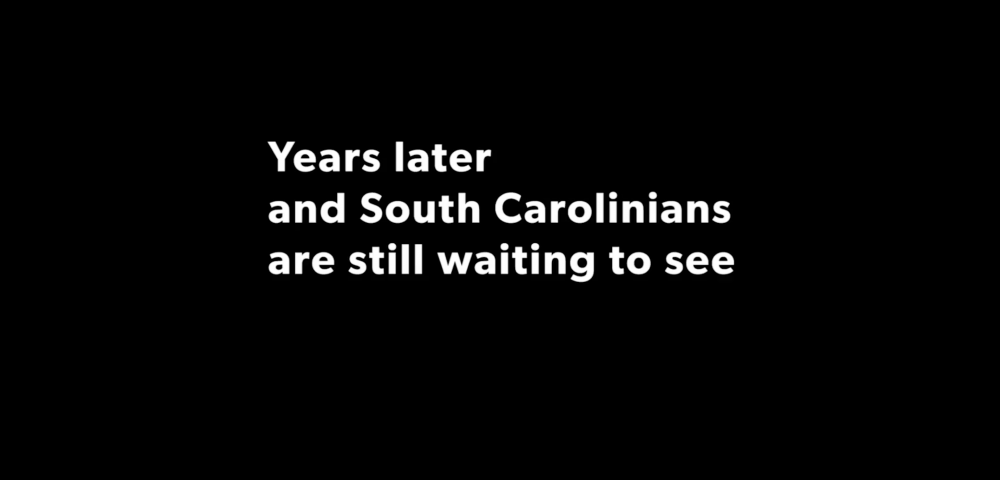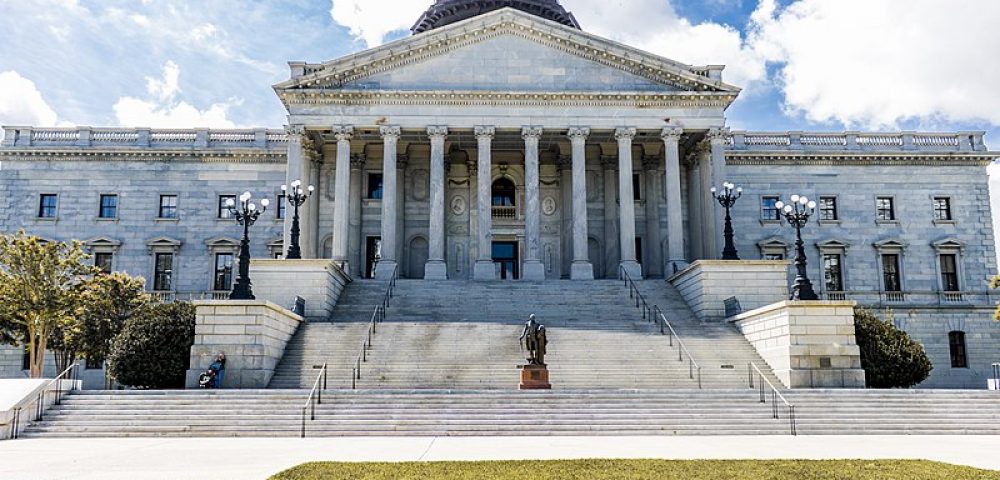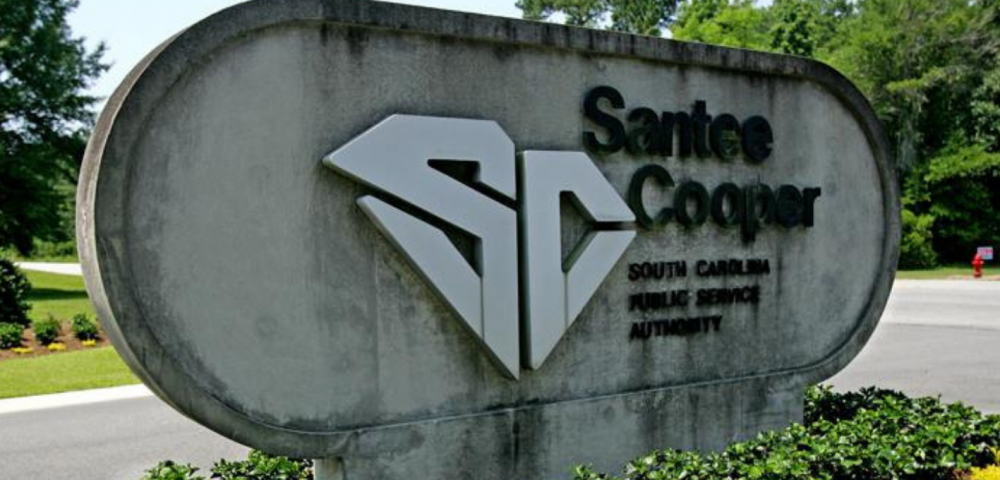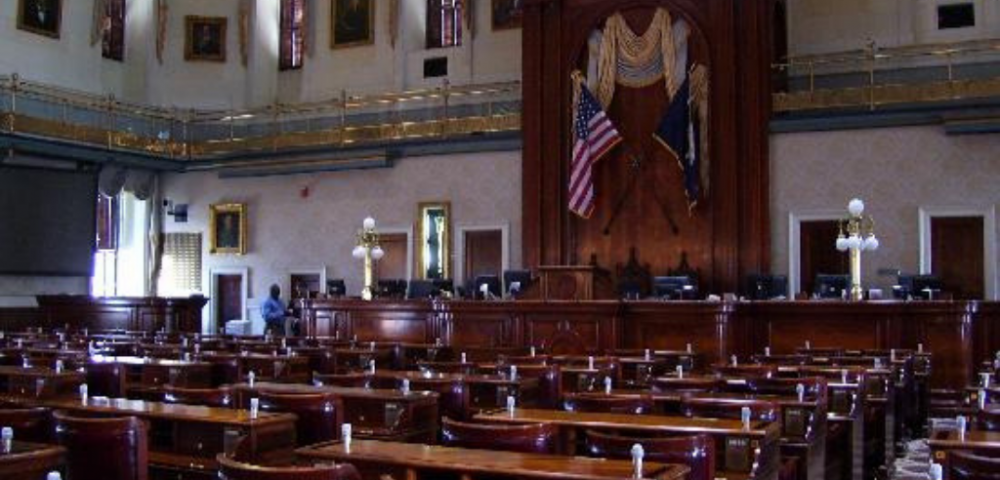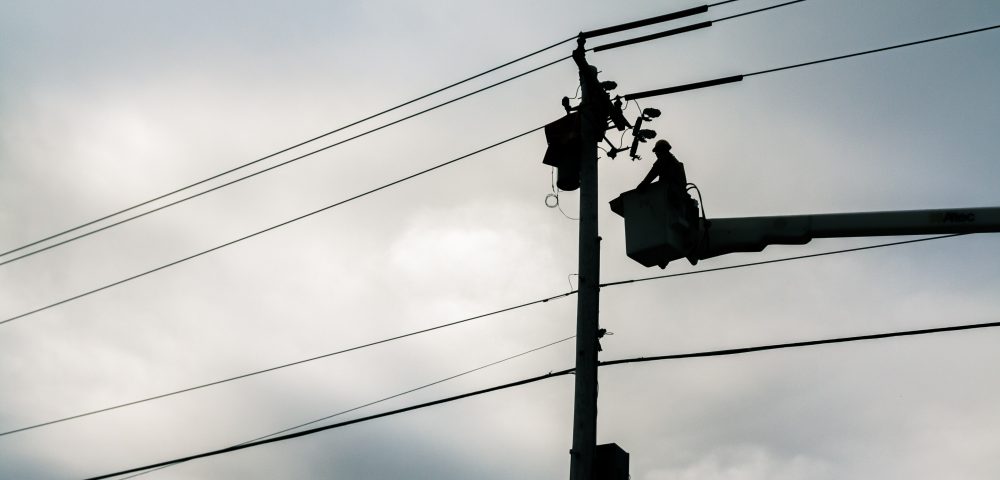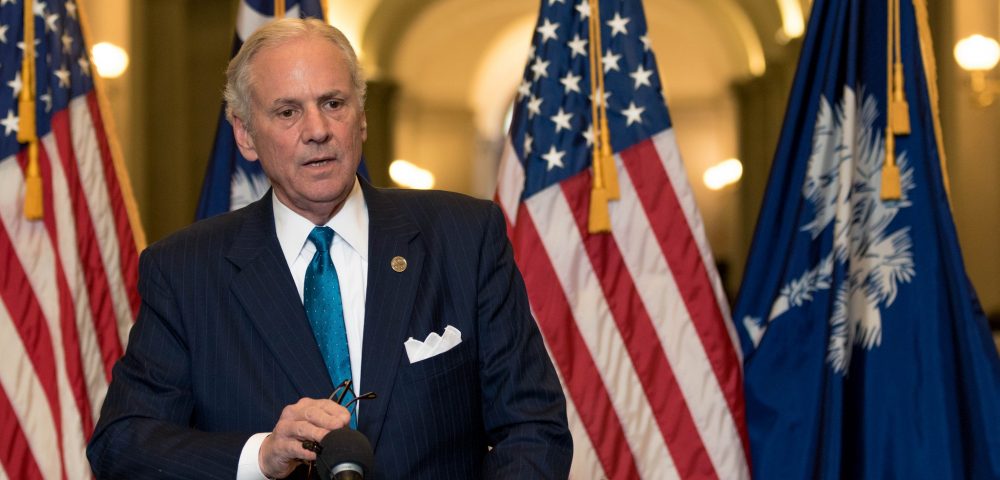The largest financial disaster in South Carolina history didn’t happen overnight. In fact, it’s been going on for 16 years, since Santee Cooper and SCE&G announced they’d be partnering on a nuclear expansion project at the VC Summer plant in 2008.
After numerous delays and the project incurring billions of dollars of debt, the project was never finished and abandoned by both SCE&G and Santee Cooper.
It later came to light that executives fought to disclose a report highlighting serious problems with the project while continuing to pour money into it.
Three years later and with billions of dollars of debt that customers will have to pay, lawmakers are looking at selling the state-owned agency to alleviate customers of Santee Cooper’s debt. And while it looked like the financial disaster might come to an end earlier this year, a few lawmakers stalled. No decision was made, leaving Santee Cooper to continue to make poor decisions, such as extending a million-dollar contract for its CEO and sponsoring a golf tournament. Santee Cooper’s behavior was so bad it drew a harshly worded rebuke from the Speaker of the South Carolina legislature, who labeled Santee Cooper a “rogue entity” for providing “false and misleading” information.
So how did we get here? Here’s a timeline of how customers were left with billions of dollars of debt and increasing utility rates.
There are several key dates before the most recent decision to explore the sale, but we’re focusing on the monumental dates that reveal SCE&G and Santee Cooper’s poor leadership, lack of transparency, and what led customers to be responsible for Santee Cooper’s $8 billion debt.
May 2008 – The start of this fiasco. SCE&G and Santee Cooper announced a nuclear expansion project at the VC Summer plant. Since the announcement of the VC Summer Project eleven years ago, several delays and massive problems were hidden by the project’s leadership.
February 2009 – The nuclear expansion plan is approved and construction is set to begin in 2012 with the first reactor to begin operating in 2016 and the second in 2019.
November 2009 – Santee Cooper approves and implements a 3.4% rate increase to help pay for the project.
December 2011 – The project gets off to a rocky start with the first delay being reported by SCE&G for production issues, manpower issues, and the need to redesign nuclear modules.
December 2012 – Santee Cooper approves and implements another 1.8% increase to rates.
June 2013 – Another delay follows pushing the first reactor operation date to late 2017-early 2018.
December 2013 – Santee Cooper approves and implements yet another rate increase. This time a whopping 5.2% to help pay for the struggling project.
May 2014 – Obvious signs of trouble appear and Santee Cooper asks to hire an outside company to oversee the project.
October 2014 – Money trouble becomes more apparent when contractors say it will cost an additional one billion dollars to complete the reactors.
October 2015 – Westinghouse is brought on board and completion dates are rescheduled yet again. The project is now pushed back to late 2019-early 2020.
December 2015 – During this time, SCE&G asked the Public Service Commission of the Office of Regulatory Staff to increase rates to help fund the project. Santee Cooper has its own board of directors and doesn’t have to get rate hikes approved by anyone except its own board, so Santee Cooper increases rates to help fund the project.
April 2016 – Another rate increase is approved and implemented by Santee Cooper. Customers see their rates go up by 5.3% this time.
June 2016 – SCE&G asks for its ninth rate increase.
March 2017 – Westinghouse files for bankruptcy. The company cites $9 billion in losses from its two nuclear construction projects, one of which is the VC Summer project.
April 2017 – Santee Cooper increases rates another 2.1%.
July 2017 – Shortly after this, Santee Cooper and SCE&G announced they were abandoning the project even though customers have already paid up to $2 billion for the reactors.
At this point, much of the general public was still unaware of the financial effects it was having on them.
August 2017 – A special South Carolina Senate committee holds their first of MANY hearings and former Santee Cooper CEO Lonnie Carter announces his retirement.
September 2017 – A month later Santee Cooper turns over the Betchel report detailing their insufficient oversight of the project.
January 2018 – SCE&G customers hear good news when Dominion Energy announces it will purchase SCANA Corp.
June 2018 – A state audit reports that the final amount for the failed project could increase by over $400 million.
August 2018 – A 15 percent rate cut and refund for April-July charges begin appearing on SCE&G bills. Meanwhile, Santee Cooper customers are still continuing to pay for the failed nuclear disaster.
March 2019 – Santee Cooper executives are unable to answer important questions about the future of Santee Cooper and rates during a Senate hearing. Following this, South Carolina Senate President Harvey Peeler introduces legislation that calls for exploring options for a possible Santee Cooper sale.
April 2019 – Santee Cooper announces rate increases totaling about 7% between 2021-2024 with no PSC oversight.
May 2019 – Lawmakers adopt this resolution and will begin exploring options to sell Santee Cooper. Read more about what this resolution means, here.
July 2019 – The two-year anniversary of the abandonment of the failed V.C. Summer project that started back in 2008, over a decade ago, yet Santee Cooper direct serve and electric co-op customers are still paying for this massive financial disaster.
Santee Cooper brings on new CEO, Mark Bonsall, guaranteeing him an annual salary of $1.1 million for 18 months.
August 2019 – The South Carolina Department of Administration announces parties are now able to submit bids for Santee Cooper hoping to alleviate customers from the increasing debt.
September 2019 – Santee Cooper’s largest customer, the electrical cooperatives which buy its power from the state-owned utility, sue Santee Cooper for keeping them in the dark about the failing VC Summer project, trying to protect their customers from being held responsible for its debt.
Santee Cooper also releases their “new plan” which fails to recognize its debt or explain what will happen to utility rates.
November 2019 – Increasing its debt even more, Santee Cooper’s legal fees for current and former executives surpasses $1 million.
February 2020 – Santee Cooper files a motion to stop any reference to future rate hikes during the cooperative lawsuit trial, hoping to keep jury members in the dark after claiming a “rate freeze” would be put in place.
The Department of Administration hands over a report to lawmakers detailing its recommendations from the bids it received from Santee Cooper including a management proposal from Dominion, a purchase proposal from NextEra, and a reform proposal from Santee Cooper itself.
March 2020 – House members vote to further negotiate with NextEra and discuss extensive reforms to Santee Cooper, rejecting Dominion’s management proposal altogether. While Senate members voted to give more time to Santee Cooper to reform disregarding the years it had to reform up until this point.
April 2020 – Pro-Santee Cooper Senators hold up emergency COVID funding until they win concessions to put off a decision on the sale of Santee Cooper.
Speaker Jay Lucas issues a letter to the Santee Cooper Board of Directors stating that “representations made by Santee Cooper Board members, leadership and staff are not reliable” and states that, had he the authority, he would “seek the immediate and unqualified removal of each member of the Santee Cooper Board and the dismissal for cause, of the entire senior management.”
July 2020 – Santee Cooper extends contracts for its million-dollar a year CEO and sponsors the Heritage Golf Tournament despite it having no fans in attendance.
July 31, 2020 – Three years since the VC Summer Project was abandoned with no relief in sight for customers or South Carolina taxpayers.

